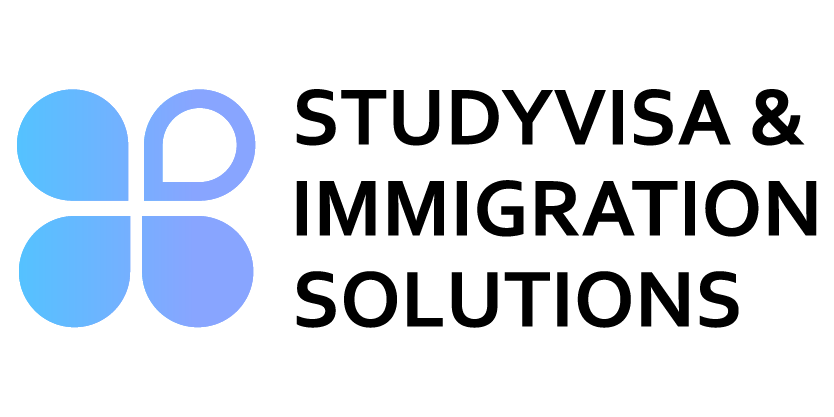| Fact | Point to Be Noted |
|---|---|
| World-Class Education | Germany is renowned for its top-ranked universities and research-intensive programs. |
| Affordable or Free Tuition | Many public universities charge little to no tuition fees, even for international students. |
| English-Taught Programs | Numerous bachelor’s and master’s programs are available in English. |
| Strong Engineering and Tech Focus | Germany excels in engineering, IT, and automotive-related fields. |
| Post-Study Work Opportunities | International graduates can apply for an 18-month job search visa after completing their studies. |
| Part-Time Work Opportunities | Students can work up to 20 hours per week during term time. |
| Student-Friendly Environment | Germany is safe and offers extensive student discounts for transport and leisure activities. |
| Global Recognition | German degrees are highly respected worldwide. |
| Multicultural Atmosphere | Germany has a rich cultural diversity with students from all over the globe. |
| Health Insurance Requirement | All students must have valid health insurance to enroll in universities. |
| Cost-Effective Living | Living expenses are affordable compared to other European countries. |
Best Courses to Study in Germany
- Engineering (Mechanical, Civil, Automotive, and Electrical)
- Information Technology and Computer Science
- Data Science and Artificial Intelligence
- Business Administration and Management
- Renewable Energy and Environmental Science
- Medicine and Healthcare
- Economics and Finance
- Architecture and Design
Intakes in Germany
- Winter Semester (September/October): Major intake with most programs offered.
- Summer Semester (March/April): Limited availability for certain programs.
Cost of Study in Germany
| Type of Institution | Average Tuition Fees (EUR/year) |
|---|---|
| Public Universities | €0 – €1,500 (administrative fees) |
| Private Universities | €10,000 – €25,000 |
Cost of Living in Germany
The average monthly living expenses for international students are approximately €850 – €1,100.
| Particulars | Average Monthly Costs (€) |
|---|---|
| Accommodation | €300 – €500 (depending on the city) |
| Food | €150 – €250 |
| Transport | €30 – €70 (semester ticket for students) |
| Utilities | €100 – €200 |
| Health Insurance | €110 – €120 |
Requirements to Study in Germany
| Course Level | Qualification |
|---|---|
| Undergraduate | High school diploma equivalent to Abitur with minimum GPA. |
| Masters | Relevant bachelor’s degree with a minimum GPA (varies by program). |
| PhD | Master’s degree with a strong research proposal. |
Document Requirements
- Completed application form
- Valid passport
- Academic transcripts
- English or German language proficiency (IELTS/TOEFL or TestDaF/DSH)
- Statement of Purpose (SOP)
- Letters of Recommendation (LOR)
- CV/Resume
- Proof of financial means (€11,208 in a blocked account)
- Health insurance
Exams for Studying in Germany
| Course | Exam |
|---|---|
| Engineering & Sciences | GRE, if required by the program. |
| Business Programs | GMAT or GRE (for some master’s courses). |
| Language Proficiency | IELTS, TOEFL, or TestDaF/DSH (for German programs). |
Scholarships for Studying in Germany
- DAAD Scholarships
- Deutschlandstipendium
- Erasmus+ Scholarships
- Heinrich Böll Scholarships
- Friedrich Ebert Foundation Scholarships
We’re Working with These Universities
- Constructor University, Bremen
- SRH Berlin University of Applied Sciences, Berlin and Hamburg
- SRH Hochschule Heidelberg, Heidelberg
- SRH Fernhochschule – The Distance Learning University, Riedlingen
- (Navitas) SRH International College
- Northern Institute of Technology Management (NIT), Hamburg
- FOM Hochschule – University of Applied Sciences for Economics and Management, Essen
- Hochschule Bremen – International Graduate Centre, Bremen
- EBS University, Wiesbaden
- International School of Management, Dortmund
- International University of Applied Sciences, Berlin and Bad Honnef
- CBS International Business School, Cologne
- Arden University, Berlin
- GISMA Business School Hochschule, Hanover
- GISMA University of Applied Sciences GmbH, Berlin
- New European College, Munich
- EU Business School, Munich
- Munich Business School, Munich
- Accadis Hochschule Bad Homburg – University of Applied Sciences, Bad Homburg
- Berlin School of Business and Innovation, Berlin
- University of Europe for Applied Sciences, Hamburg
- Hochschule Macromedia University of Applied Sciences, Munich
- Navitas – Lancaster University, Leipzig
- EIIE Eurasia Institute for International Education GmbH, Berlin
- University Targu Mures Medical Campus, Hamburg (UMCH)
- Media Design University of Applied Sciences, Berlin
- Schiller International University, Heidelberg Campus
Career Prospects
Germany’s strong economy offers excellent career opportunities in engineering, technology, and business fields. International graduates are highly sought after in the global job market.

